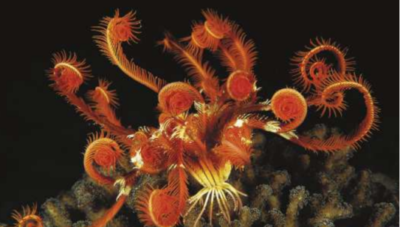Whooping Cough (Pertussis); Causes and Possible Natural Remedies

Whooping Cough (Pertussis); Causes and Possible Natural Remedies
Whooping cough is a contagious bacterial disease, which usually attacks children between 6 months and 5 years of age.
But infants and adults can also be affected.
A person rarely has a second attack of this disease.
The disease is not highly contagious after the first few weeks.
The most contagious phase is before a definite diagnosis is possible.
Whooping cough occurs more frequently, and seriously, in overcrowded and unhygienic quarters and cold weather.
In very young, delicate, or undernourished children, it is more likely to develop into broncho-pneumonia the principal cause of death in cases of whooping cough.
Complications include convulsions, bleeding from the nose, into brain, or area around eyes.
Broncho-pneumonia can also occur; death only rarely.
You may choose to have the child vaccinated at an early age (2 months is recommended for the series).
You should weigh the fact that pertussis vaccine is one of the most dangerous of the shots in its occasional side effects.
A week or two after exposure, the catarrhal stage begins.
The eyes may be red, and the child seems to have a cold in the head.
There is sneezing and watering of the eyes.
Then a persistent cough develops, especially bad at night.
This coughing continues a week, and keeps getting worse and is the most significant indication that the problem may be whooping cough.
In about 2 weeks, the typical whoop begins.
At first, only 1-2 times a day, it degrades to every time there is coughing.
It is a deep breath at the end of a series of deep coughs.
The child’s face may be reddish or bluish from the effort and lack of air.
Possible Natural Ways of handling whooping cough
Treat the cough. When a cough first develops, treat that cough, if you do so, the whooping cough phase can be entirely prevented
Wild cherry bark tea is excellent.
Here are other herbs useful for coughs; select from those you have on hand or can most easily obtain.
They can be mixed:
- black cohosh,
- flaxseed,
- rosemary,
- comfrey,
- horehound,
- hyssop,
- myrrh,
- white pine,
- bloodroot,
- red sage,
- blue violet,
- ginseng,
Prepare a tea and give a teaspoonful every hour until the cough is better.
- Be sure and include other worthwhile practices, such as partial or complete fasting on fruit and vegetable juices until the cough is past. In all kinds of coughs, first cleanse the system with high herb enemas and a herbal laxative.
- When the cough is severe, as in whooping cough, have him drink warm water, one cup after another, then stick your finger down his throat and have him vomit.
- A light diet is essential. Overfeeding during the whooping cough prolongs the disease and leads to complications. In case it is a breast-fed infant, do not overfeed either. The child is thirsty, not hungry.
- As soon as it is perceived that the problem is whooping cough, place him on a full fruit juice fast. First, give citrus juices. This can be followed by other fruit juices; then carrot and other vegetable juices, and clear vegetable broth soup. Later still, fruit can be added.
- Give vitamins A and C in large doses.
- It is good to soak the feet in hot water, with a little mustard and salt added to it.
- Steam inhalations are often very helpful. They can be given every 2-4 hours, according to the severity of the case.
- Thick slippery elm tea is very good in whooping cough; mix in a little lemon juice and drink it freely.
- Keep him isolated from other children.
- If the weather is warm, sunny, and not too damp or dusty, keep him out of doors most of the day. But he should not exert himself in play.
- Air and sun his bedding every day, if there is sunshine.
- Do not give aspirin to a child or youth with a fever; it may result in death








